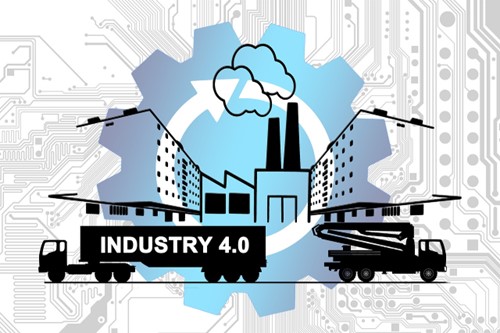In the Industry 4.0 era, the role of industrial sensors is becoming more important. These sensors act as a bridge between machines and humans with their ability to collect and analyze data in production facilities. Industrial sensors are used in factories to increase efficiency, reduce errors and optimize production processes. However, with the developments predicted for 2024, the role of industrial sensors will become even more important.
Towards 2024, new uses and developments are expected for industrial sensors. Integrated with technologies such as artificial intelligence and machine learning, predictive sensors will become smarter and improve the efficiency and profitability of manufacturing plants. These sensors will provide significant benefits in areas such as energy management, quality control, inventory management and maintenance planning.
In the era of Industry 4.0, industrial sensors will give companies a competitive advantage by making production processes more efficient and predictable. In 2024, the use of industrial sensors is expected to further increase and evolve, signaling that they will be part of the next industrial transformation.
Industrial Sensor Market in Industry 4.0
In the Industry 4.0 era, the demand for industrial sensors is increasing. These sensors are preferred because they provide competitive advantage to businesses by optimizing production processes. Here are some statistics on the industrial sensor market in the Industry 4.0 era:
- In 2020, the value of the Industrial Sensor market reached a volume of 15 billion dollars.
- In 2024, the annual growth rate of the industrial sensor market is expected to be 8%.
- With the impact of Industry 4.0, the market value of industrial sensors is projected to reach 25 billion dollars in 2024.
These statistics show that industrial sensors will play an important role in the Industry 4.0 era and their demand will increase. Businesses will continue to invest in industrial sensors to increase their productivity and gain a competitive advantage.
The digitalization and automation revolution brought about by Industry 4.0 represented an important step in the evolution of industry. However, this development has not only increased communication between machines, but also brought the human factor more to the fore. This is where Industry 5.0 comes in. Industry 5.0 brings a new dimension to industry, not only by improving production processes, but also by redefining the interaction between people, machines and production systems.

